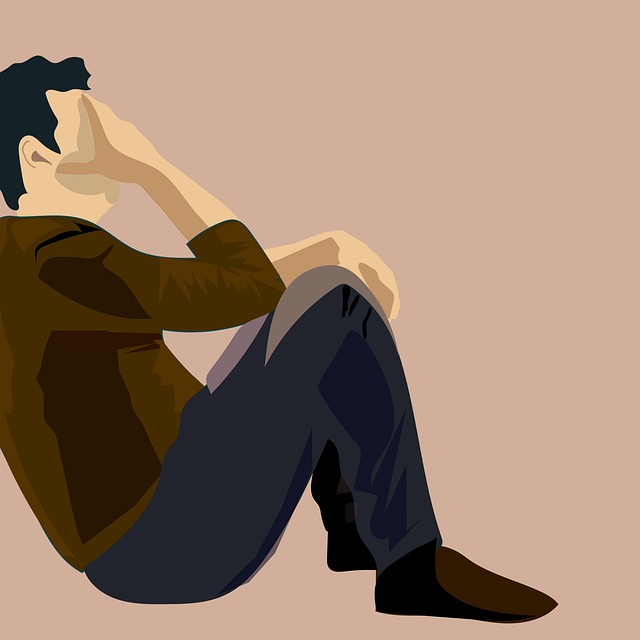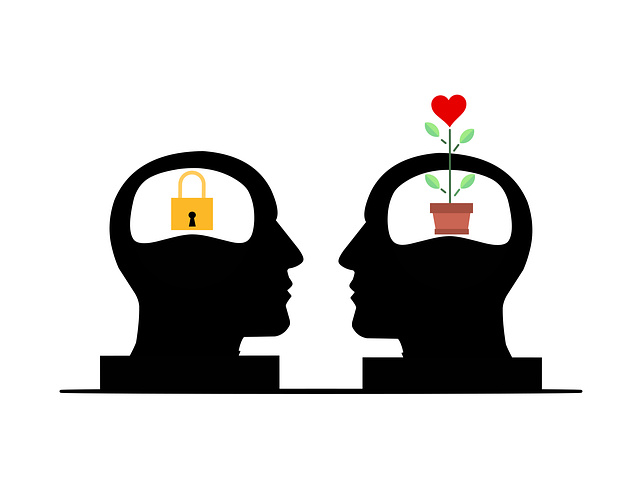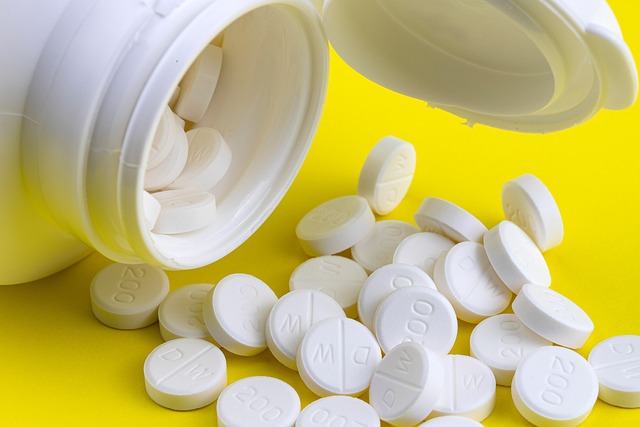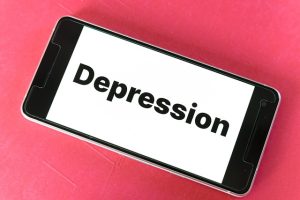Major Depressive Disorder (MDD) is a severe mental health condition requiring careful diagnosis by healthcare professionals using DSM-5 criteria. Diverse treatment options, including CBT, IPT, MBCT, exposure therapy, EMDR, art therapy, and music therapy, offer tailored approaches based on severity, preferences, and backgrounds. CBT empowers individuals with structured strategies; IPT aids in relationship navigation; and mindfulness-based therapies challenge negative thought patterns. Psychodynamic therapy explores past issues for emotional healing. Medication, such as SSRIs and SNRIs, complements psychotherapy. Personalized depression treatment plans, integrating various models and medication management, aim to alleviate symptoms and improve well-being through collaborative patient-therapist efforts and regular reassessments.
Major Depressive Disorder (MDD) is a common yet serious mental health condition affecting millions. Understanding MDD involves recognizing its symptoms, from persistent sadness to significant weight changes. Diagnosis requires professional evaluation. Effective therapy approaches include Cognitive Behavioral Therapy (CBT), Interpersonal Therapy, Mindfulness-Based Therapies, Psychodynamic Therapy, and more. Medication often complements these therapies in comprehensive depression treatment programs tailored to individual needs.
Understanding Major Depressive Disorder: Symptoms and Diagnosis

Major Depressive Disorder (MDD), often simply referred to as depression, is a common yet serious mental health condition that significantly impacts an individual’s daily life and overall well-being. It’s characterized by persistent feelings of sadness, loss of interest in activities once enjoyed, and a range of physical and cognitive symptoms.
Diagnosing MDD involves a comprehensive evaluation by a qualified healthcare professional. They will assess symptoms such as changes in appetite or sleep patterns, fatigue, difficulty concentrating, feelings of worthlessness, and recurrent thoughts of death or suicide. The American Psychiatric Association’s Diagnostic and Statistical Manual (DSM-5) provides specific criteria for diagnosis, ensuring consistency among mental health professionals. Accurate diagnosis is crucial before enrolling in a suitable depression treatment program tailored to individual needs.
Exploring Different Therapy Approaches for Depression

When it comes to exploring different therapy approaches for depression, there is a multitude of options available, each with its unique benefits and focus points. Depression treatment programs range from traditional talk therapies like cognitive behavioral therapy (CBT) and interpersonal psychotherapy (IPT), which help individuals identify and change negative thought patterns and improve relationships, to more innovative methods such as mindfulness-based cognitive therapy (MBCT) that combines meditation practices with CBT techniques.
Additionally, depression treatment can incorporate various other modalities including exposure therapy, eye movement desensitization and reprocessing (EMDR), and even art or music therapy for those who may find verbal expression challenging. The choice of therapy often depends on the severity and specific symptoms of depression, as well as personal preferences and cultural backgrounds. Tailoring the right combination of these depression treatment programs can significantly enhance a patient’s path to recovery.
Cognitive Behavioral Therapy (CBT): A Step-by-Step Guide

Cognitive Behavioral Therapy (CBT) is a structured and goal-oriented approach to treating major depressive disorder, offering individuals a clear roadmap to recovery. This evidence-based therapy focuses on identifying and changing negative thought patterns and behaviors that contribute to depression. The process begins with assessing and understanding an individual’s unique experiences and challenges. Once identified, therapists help clients challenge distorted thinking and replace it with more realistic, balanced perspectives.
In CBT, the therapist will guide the client through several steps. This includes tracking thoughts, feelings, and behaviors to uncover unhelpful patterns. Next, they’ll work together to set specific, achievable goals tailored to addressing depressive symptoms. Through various techniques like cognitive restructuring, exposure therapy, or mindfulness exercises, clients learn new coping strategies. Regular practice and homework assignments reinforce these skills, empowering individuals to manage their depression effectively in the long term as part of a comprehensive depression treatment program.
Interpersonal Therapy: Building Healthy Relationships

Interpersonal therapy focuses on improving relationships and social functioning as a key component of depression treatment programs. This approach recognizes that our connections with others significantly impact our mental health. By fostering healthy interactions, individuals can learn to navigate conflicts, express their emotions effectively, and build a supportive network—all essential tools in managing depression.
Through interpersonal therapy, clients explore patterns in their relationships, identify unhealthy behaviors, and develop new strategies for communication. This process encourages personal growth and helps individuals create meaningful connections, which is crucial for combating feelings of loneliness and isolation often associated with major depressive disorder.
Mindfulness-Based Therapies for Depression Relief

Mindfulness-based therapies have emerged as a popular and effective approach to treating major depressive disorder. These programs focus on training individuals to be fully present in the moment, non-judgmentally, and with heightened awareness of their thoughts and feelings. By cultivating mindfulness, patients learn to observe their emotions without becoming overwhelmed by them, which can help reduce symptoms of depression and improve overall well-being.
One such therapy is Mindfulness-Based Cognitive Therapy (MBCT), which combines cognitive behavioral techniques with mindfulness exercises. This approach helps individuals identify and challenge negative thought patterns while also teaching them how to respond to difficult emotions in a healthier way. Other forms of mindfulness therapy, like Mindfulness-Based Stress Reduction (MBSR), offer relaxation techniques and meditation practices designed to reduce stress and anxiety, which are often contributing factors to depression. These programs have been shown to be highly effective in reducing symptoms of depression and preventing relapse, making them valuable components of comprehensive depression treatment programs.
Psychodynamic Therapy: Uncovering Deep-Rooted Issues

Psychodynamic therapy is a type of talk therapy that focuses on uncovering and understanding deep-rooted issues from a person’s past, which can significantly impact their present mental health. This therapeutic approach believes that unresolved conflicts, early life experiences, and repressed emotions contribute to ongoing feelings of depression. By exploring these unconscious patterns, individuals can gain insights into their behaviors, thoughts, and emotional responses, enabling them to challenge and change maladaptive coping mechanisms.
In the context of major depressive disorder (MDD) treatment programs, psychodynamic therapy helps patients identify and process underlying causes such as trauma, loss, or unmet needs from childhood. Through open dialogue with a trained therapist, individuals can bring these hidden issues into consciousness, leading to emotional healing and improved overall well-being. This form of therapy is often tailored to the individual’s unique history and experiences, making it a powerful tool in their journey towards managing and overcoming depression effectively.
Medication and Its Role in Depression Treatment Programs

Medication plays a pivotal role in many depression treatment programs, offering a crucial tool for managing symptoms and improving overall well-being. Selective serotonin reuptake inhibitors (SSRIs) are commonly prescribed as they effectively increase serotonin levels in the brain, which can help regulate mood. Other types of medications, such as serotonin-norepinephrine reuptake inhibitors (SNRIs) and monoamine oxidase inhibitors (MAOIs), also target neurotransmitters to alleviate depressive symptoms. These pharmacological approaches work in conjunction with psychotherapy, providing a comprehensive strategy for treating major depressive disorder.
The integration of medication into depression treatment programs has shown significant benefits. It can help individuals regain control over their mood, sleep patterns, and appetite, making it easier to engage in therapeutic activities. Additionally, medication can reduce the intensity of negative thoughts and feelings, enabling individuals to focus on personal growth and recovery. However, finding the right balance often involves trial and error, as different medications have varying effects on each person. Regular monitoring by healthcare professionals ensures that dosage adjustments or alternative treatments are considered for optimal depression treatment outcomes.
Creating a Comprehensive Depression Treatment Plan

Creating a comprehensive depression treatment plan involves tailoring interventions to an individual’s unique needs and experiences. It’s a collaborative process between patient and therapist, where various techniques from evidence-based therapy models are integrated. This might include cognitive behavioural therapy (CBT), mindfulness-based practices, or interpersonal therapy, depending on the severity and underlying factors contributing to depression.
Depression treatment programs are designed to address symptoms, improve coping mechanisms, and enhance overall well-being. They often incorporate medication management alongside psychotherapy for optimal results. Regular monitoring and adjustments to the plan ensure that treatment remains effective as an individual progresses through their recovery journey.
